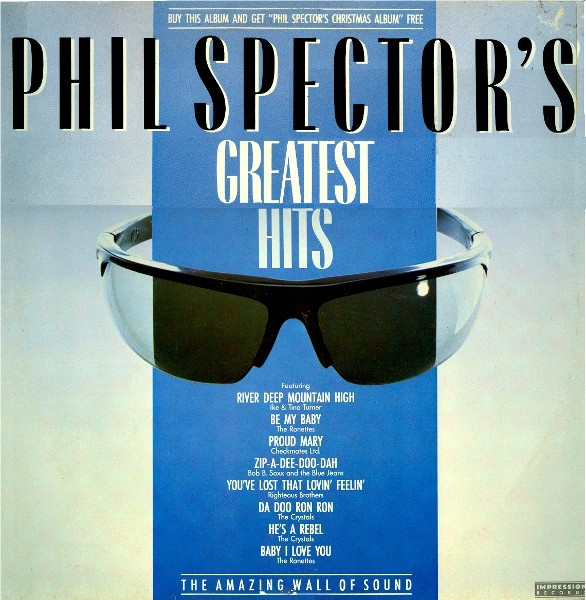Elvis Costello: Spike - 1989

It had been three years or so since Elvis Costello's last album, Blood And Chocolate, on which he was backed by The Attractions. Here he was back with various musicians as guest backing throughout the album, including Paul McCartney, Roger McGuinn, Allen Toussaint and Nick Lowe.
He had re-invented himself, to an extent, as a sort of Woody Guthrie-style wandering minstrel - a troubadour with a biting social conscience, railing about many contemporary issues in a far more direct manner than he had done before. His comments were often oblique and his lyrics always seemed to be described as "acerbic". Here, there was no doubt as to his targets on several songs. His approach was now full on, vituperative and often a little over the top in its vindictiveness.
...This Town is funky guitar-led punchy song, with swirling organ, thumping drums and a cynical lyric, spat bitterly out by Costello. Not quite sure what it is about though. It just sounds right to moan along with. "You're nobody until everybody in this town thinks you're a bastard..." .
Let Him Dangle is a heartbreaking, sparse, slightly Celtic ballad concerning the unjust hanging of Derek Bentley, aged only 19. It almost sounds as if it could be a Southern Irish rebel song in its narrative tale of injustice. It is a poignant song and a rallying cry for anyone who finds the concept of capital punishment utterly distasteful. "The Hangman shook Derek Bentley's hand to calculate his weight..". Chilling. The guitar solo on the song is suitably cutting.
Deep, Dark, Truthful Mirror is one of my favourites - a soulful song that has Costello staring into his dark heart, searching for himself. It has superb New Orleans-style brass backing and piano too. Costello's voice is at its absolute best too. Once again, it is lyrically magnificent - beguiling, perplexing and inspiring within a matter of a few lines.
My overall favourite, however, is the melodic, catchy and incredibly sensitive tale of Veronica, an old lady with dementia who once was a carefree young beauty. It is based on Costello's own paternal Grandmother. "She used to have a carefree mind, and a delicate look in her eye, these days I'm afraid that she's not even sure if her name is Veronica...". These are some of the most touching lines Costello ever wrote. There are some lovely horn passages on the song too, together with a rich, powerful bass.
God's Comic is a folky slow-paced, acoustically-driven with some delightfully wry lyrics about God. Chewing Gum has an addictive funky beat, great throbbing bass and some odd lyrics that sounded portentous, but about what, only Costello knows. About the mainstream radio apparently (a pet subject). It has a great line in "he gives her a picture of Maradona and child". More New Orleans brass features heavily on this one too.
Then, it is time for the Celtic-influenced and tumultuously bitter Tramp The Dirt Down that has Costello longing for the final demise of Margaret Thatcher. Now, I loathed Margaret Thatcher with a vengeance, and I loathe her legacy to this day. In many ways I agree with the vengeful sentiments of this song 100%. Whenever I hear it, I bristle and I spit out the lyrics, gripped with hatred. Then I always feel ever so slightly guilty. It is a tremendously powerful song, and its sentiments are spot on in so many places. There is something in me, nevertheless, which finds it distasteful to take pleasure in the death of a human being. What does that make me? On the day Margaret Thatcher died, I did not celebrate. I simply said "she won't be missed" and got on with my life. Then I went and played this song. Go figure, as the Americans say. Anyway, thats got that out of the way. Suitably, after such a shocking, vitriolic song, the ambience is lifted by the jaunty instrumental mysteriously titled Stalin Malone.
On with the show, though. Baby Plays Around is a tender love song, back with acoustic guitar only. This maybe would have been a perfectly low-key song on which to end the album. It is then, though, that we get the somewhat raucous, slightly grating, glowering Miss Macbeth, with a noisy, discordant intro that proceeds, via some New Orleans funereal brass into a sort of cod-reggae folky romp, if there could be such a thing. Some fairground organ turns it into a kind of Mr Kite. It is a veritable cornucopia of different sounds. It has never really done it for me.
Any King's Shilling has a beautiful Irish harp intro, although it heralds a slightly sprawling, stark ballad in the mournful, narrative Irish tradition. It has a quiet, noble beauty, and some lovely, evocative instrumental passages, but, as I said earlier, I am tiring a bit in my listening to the album. Because of that, I have never paid much attention to Coal-Train Robberies, which a shame, as it is a robust, bass-driven solid mid-pace rock-ish number, with some interesting lyrics. The same applies to the gentle, endearing Last Boat Leaving, with its gorgeous bass line, and some fetching accordion-Spanish guitar parts. If they had both appeared earlier in the album, I would know them off by heart.
Good album overall, though. It has never had good sound, however, and only a good system will find it sounding remotely decent.










